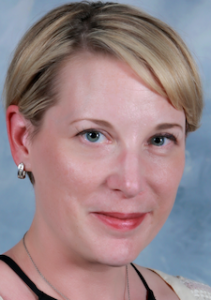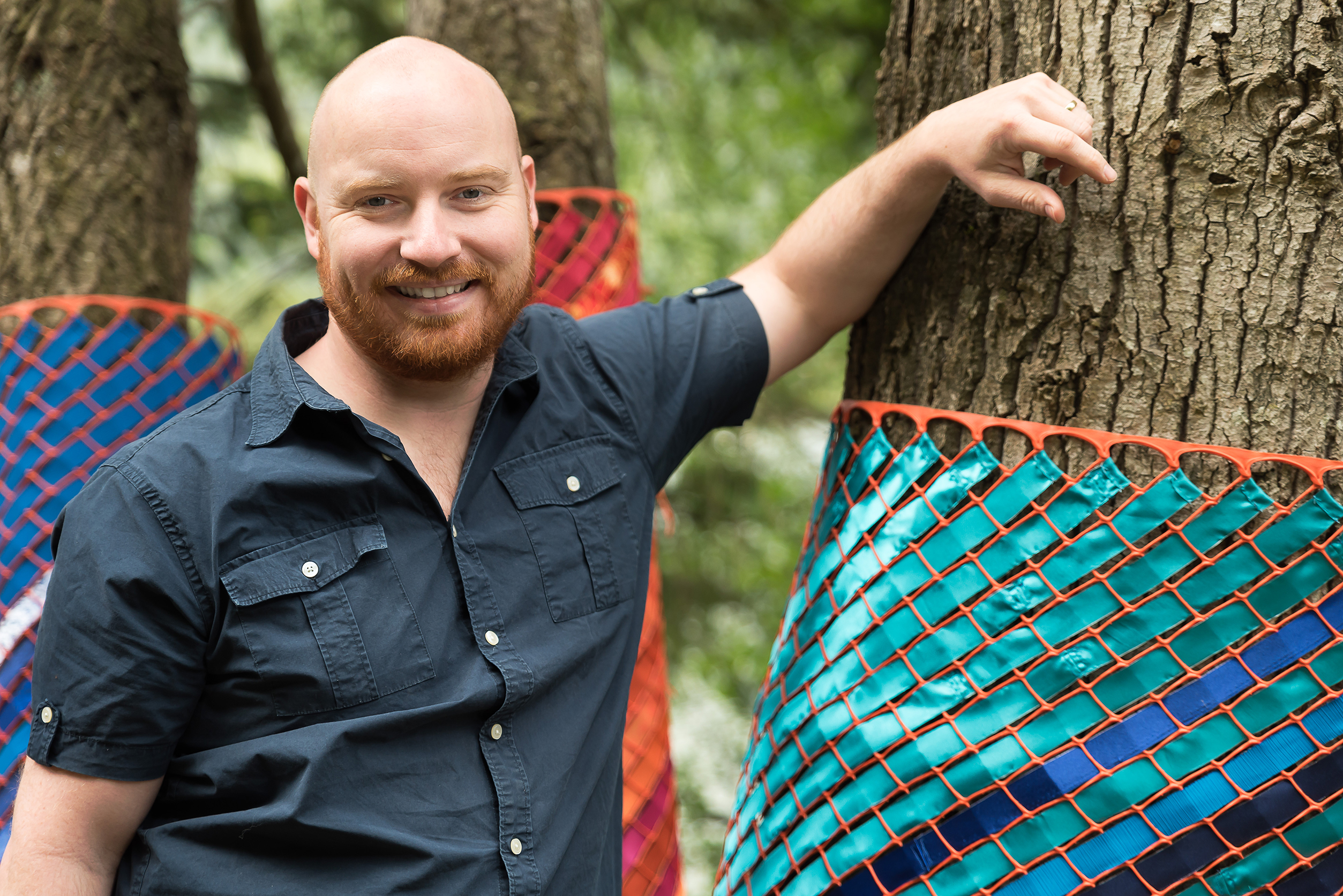Peace and Reconciliation Centre offers innovative funding opportunities for scholars and community members
 UFV’s new Peace and Reconciliation Centre has awarded the first of what is hoped to be several grants totalling $30,000 to scholars, students, and community members.
UFV’s new Peace and Reconciliation Centre has awarded the first of what is hoped to be several grants totalling $30,000 to scholars, students, and community members.
Political Science department head Fiona MacDonald has received funding from the Linking Fellowship for Visiting Scholars fund to bring a research partner from New Zealand to Canada to collaborate on a project focused on developing a restorative approach in Canadian healthcare systems.
Jo Wailling, an expert in restorative approaches following medical error or mistreatment, will work with MacDonald and an interdisciplinary research team in September 2021 (if COVID-19 travel restrictions allow).

“This project is founded on the recognition and sharing of experiences of perceived injustices (restoration), the importance of partnerships and community (reconciliation) and the need to address the substantive justice needs of affected parties (reparations),” notes MacDonald.
The Peace and Reconciliation Centre (PARC) invites applications for funding in a variety of categories. The funds are not just for UFV faculty and students. Several are designed for visiting scholars, community partnership projects, guest speakers, and special events.
“Through our centre we want to respond to community voices, faculty interest, and student priorities,” says Keith Carlson, PARC chair. “We are not here simply to provide answers, but to co-create answers together.”
PARC was founded in April 2020.
The centre’s steering committee is made up of UFV staff, faculty, students and community members, including co-chair Benji Vanderpol, and community representatives Kat Pennier and Fran Vanderpol, among others. The Oikedome Foundation, run by the Vanderpol family, is a major funder of PARC. The support of the foundation enabled the creation of the special funds and scholarships.
The following is a summary of available funds:
For faculty:
Linking Fellowship for Visiting Scholars — $3,000
A Linking Fellowship for a Visiting Scholar is designed to assist a UFV faculty member, and/or academic unit, build upon an existing or nascent collaborative partnership in support of creative and meaningful research, scholarly, and/or artistic activities, or creative and meaningful academic curricular program development.
Eligibility: Faculty members at universities other than UFV
Visiting Voices Grant — $500
The Visiting Voices Grant is designed to bring a dynamic speaker and thinker to the UFV campus (or an appropriate off-campus venue) to deliver a public lecture (and when possible a supplemental guest lecture in a UFV class) to help bring fresh ideas and insightful analysis to the campus community and to show the broader Fraser Valley community the ways in which UFV is working to stimulate thoughtful discussion and the sharing of valuable information and analysis.
Eligibility: Non-UFV faculty and public intellectuals. Must be sponsored by a UFV faculty member.
i2i (Eye to Eye/Ideas to Ivory Tower) Grant — $250
The i2i Grant is designed to bring off-campus organizations (broadly conceived) and UFV faculty together to brainstorm ways of addressing questions, concerns or problems that the off-campus partner has identified as a priority.
Eligibility: UFV department heads, Deans’ offices, academic unit leaders, and faculty
Fellowship in Creativity — $1,000
The Fellowship in Creativity is designed to promote and facilitate creativity in the fullest sense, and to attract exciting people doing interesting work that sparks imagination and creativity within and among faculty and students at UFV.
Eligibility: ABD PhD students, post-doctoral fellows, faculty members at institutions other than UFV who are engaged in especially creative and innovative scholarship and/or artistic work. Must be sponsored by a UFV faculty member or an academic unit at UFV.
For students
Student Catalyst Scholarship — $1,500
The Student Catalyst Scholarship is designed to support a mentoring partnership between a UFV faculty member and a UFV student with the objective of composing a work of collaborative scholarship for submission as a jointly authored article/chapter.
“It will go beyond being a research assistant and empower students to become a junior author in a research study,” Carlson notes.
Eligibility: All UFV students are eligible, but can only be considered by being sponsored by a UFV faculty member who commits to mentoring and partnering with the student.
Digital Storytelling Student Scholarship — $400
The Digital Storytelling Scholarship is designed to bring UFV students and non-academic knowledge keepers together to share, record, and communicate digital stories so that these stories and the life experience they represent will be accessible to others into the future.
“This scholarship will encourage students to use digital methodology to tell life stories,” notes Carlson.
For community members
Fellowship for Community-based Intellectuals/Activists/Artists — $1,500
The Fellowship for Community-based Intellectual/Activists/Artists is designed to support the scholarly and/or artistic activities of intellectuals/artists/activists who are based in their communities (such as Indigenous knowledge keepers, religious/spiritual/faith community leaders, social justice activists, practitioners, NGO leaders, and independent artists, etc.) to allow them to collaborate with a UFV faculty member or academic unit on either a creative scholarly and/or artistic project, or a major grant application.
Eligibility: Artists, representatives of ethnic/religious/service (and other) community organization, and activists/intellectuals/artists and others who are not employed by a university, and especially people whose training and education have come from non-academic sources and followed non-academic pathways. Fellows must be sponsored by a faculty member or academic unit at UFV.
Carlson says that he wants PARC to be an open and accessible centre for all voices, where everyone feels welcome and takes ownership.
He also notes the issues studied by the centre don’t have to be global in nature.
“It can be anything related to peace and reconciliation that faculty, students, or the community are interested in.”
He notes that PARC will only be successful it if is responsive to needs of communities and provides “a space for learning and a space to spark and launch conversations and research.”
To find out more about funding opportunities offered by the Peace and Reconciliation Centre, visit: https://www.ufv.ca/peace-and-reconciliation/funding-scholarships/.




